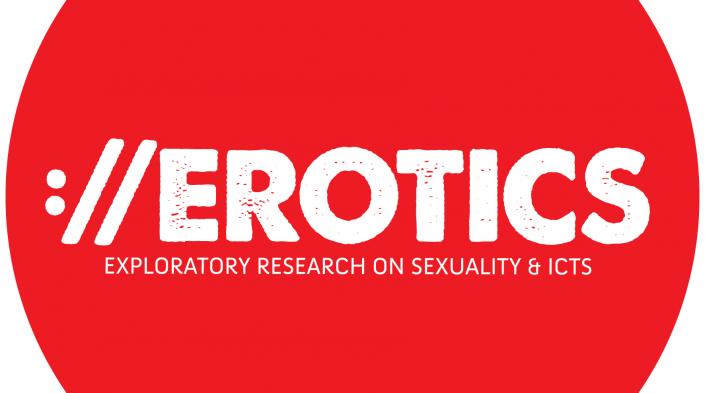
Page last updated on
Put new technology and sex together and it seems you’ll always get waves. Victorian societies were scandalised by the arrival of the telephone because women –who were chaperoned at all times– could potentially talk with suitors in private. Over the last decade, the internet has been censored and content regulated for a multitude of reasons and the principal reason cited by governments across all geopolitical spectrums has been sex – or “harmful sexual content” However while porn accounts for one in every ten web pages, the internet is also used to express and explore a range of sexual experiences, relationships and content that cannot be considered “harmful”. As sexual content and sex-related behaviour online is such a trigger for state and other intervention, APC is carrying out ground-breaking research on how different people in different parts of the world are really using the internet related to sex.
First findings
-
Introduction to the first findings: From the ‘J’ spot to the cru’X’ of the matter
-
Brazil: Internet regulation and the Brazilian EROTICS context
-
South Africa: Negotiating transgender identities on a South African web site
-
US: What is ‘Harmful to Minors’? US EROTICS partner investigates library search filters
Other resources
EROTICS research team
-
Brazil: Sonia Onufer Corrêa, Marina Maria Ribeiro Gomes da Silva and Jandira Queiroz e Cavalcanti (Sexuality Policy Watch) and Bruno Dallacort Zilli, Horacio Federico Sívori and Anna Paula Uziel (Latin America Centre for sexuality and human rights, CLAM)
-
India: Manjima Bhattacharjya and Indira Maya Ganesh (independant researchers)
-
Lebanon, with a comparative element to Egypt: Nadine Moawad (independent researcher)
-
South AFrica: Jeanne Prinsloo, Relebohile Moletsane et Nicolene C. McLean (Rhodes University, Grahamstown)
-
USA: Melissa Hope Ditmore et Kevicha Echols (Sex Work Awareness).


